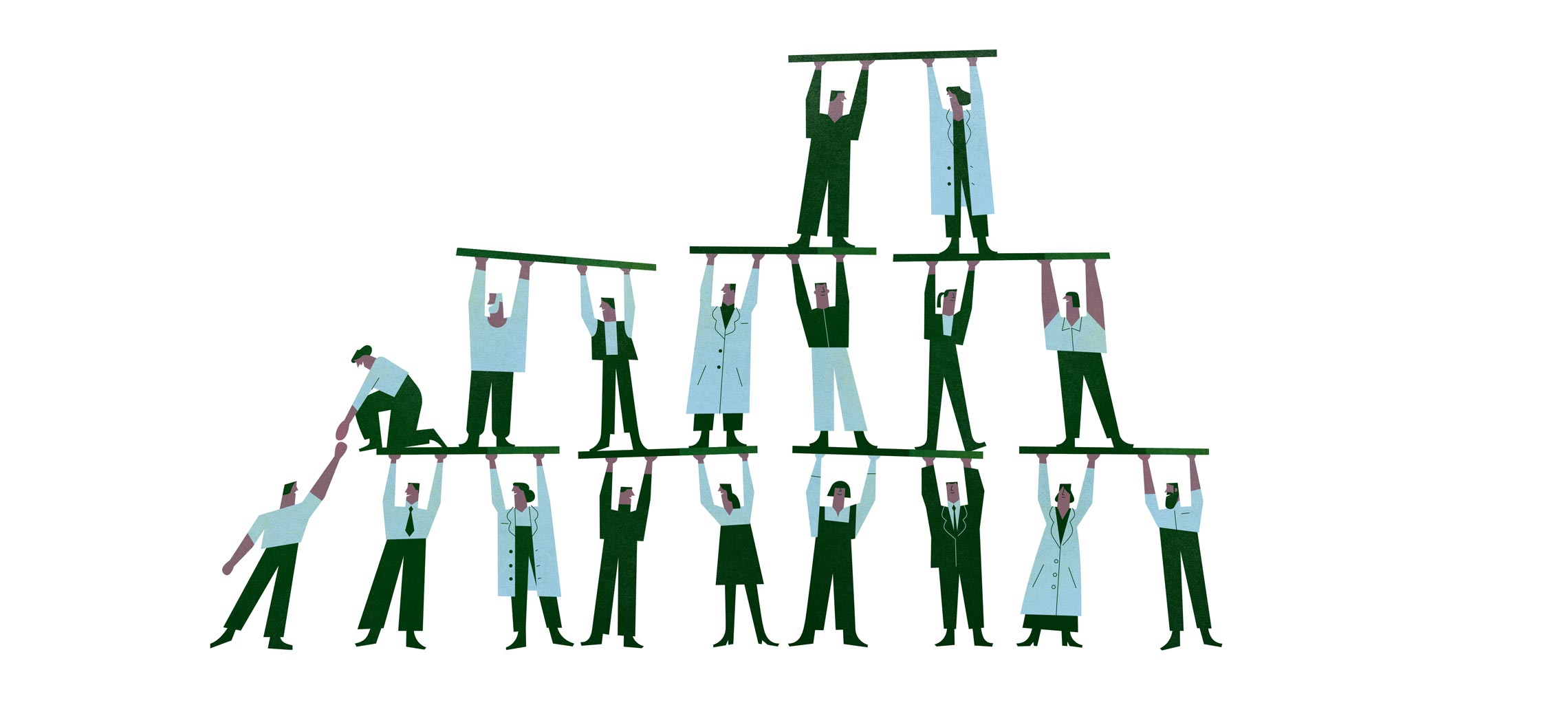Good practices
Dutch code of conduct proposes ongoing discussion on scientific integrity without fear of reprisals, highlighting the duties of care of research institutions
Instead of emphasizing punishments for misconduct and the formation of centralized supervisory bodies, the new Netherlands Code of Conduct for Research Integrity, which came into force in October, encourages institutions to resolve problems autonomously and supports continuous debate in the academic environment regarding mistakes and behaviors capable of compromising scientific integrity. “The focus is on blame-free reporting and inviting researchers to discuss the dilemmas they experience,” wrote epidemiologist Lex Bouter, a member of the committee that wrote the 30-page document, in an article in the journal Nature Index. The previous Dutch code of conduct had been in place since 2004. “We want researchers to be able to work in an open environment where they feel responsible and accountable. Science can only develop further if people can share concerns and discuss errors,” said Bouter, a professor of methodology and integrity at Vrije Universiteit Amsterdam.
While the document covers many ideas that are already widespread, its real impact lies in the recommendations it gives to help institutions produce comprehensive and clear strategies. One of the chapters lists 61 standards for good research practices, such as giving credit to everyone who participated in the study, avoiding the exaggeration of results, never publishing in low-quality journals, and never manipulating article citations. Another chapter, which is a new addition to the code, lists 21 duties of care to be fulfilled by universities and research institutions, including training and supervision, research culture, data management, publication of results, and ethical norms.
The idea that misconduct is not an individual issue, but something influenced by the environment and culture in which a researcher works, has been gaining ground in international debate. In 2015, the 4th World Conference on Research Integrity, held in Rio de Janeiro, adopted this perspective when discussing the obligations of institutions with respect to promoting responsible conduct (see Pesquisa FAPESP issue no. 233). One of the targets of the 6th conference, to be held in Hong Kong in June, is to formulate a set of suggestions that will be used to establish a new reward system for research careers. The aim is to propose an evaluation model that is not restricted to bibliometric indicators such as number of articles and citations. “This new code of conduct ensures that the Netherlands keeps up with international developments regarding research integrity,” said Keimpe Algra, a professor of philosophy at Utrecht University and chairman of the committee that drafted the document.
Produced by representatives of organizations such as the Royal Netherlands Academy of Arts and Sciences and the Association of Universities in the Netherlands, among others, the code of conduct is aimed at public and private research and higher education institutions, as well as scientific publications. The committee that wrote the document notes that while it may be useful to the entire scientific community, it is not intended as a basis for any legislation or as a reference for judicial decisions, as is the case in some countries. The decision to follow the set of standards should be made voluntarily by each institution. Similarly, the code suggests that researchers should openly discuss misunderstandings and errors and help each other follow good practices. “The most important duties of care are the need to remove incentives that lead to perverse behaviors from the academic reward system, such as gaming citations, and the promotion of an open research climate in which scientists can discuss their dilemmas without fear of reprisal,” says Bouter.
In the final chapter, the document describes how institutions should deal with proven cases of misconduct. The punishment should fit the offense. The code of conduct distinguishes between actions seen as misconduct, which may require severe punishment, including dismissal, and those deemed questionable practices and minor faults, which may not be deserving of strict penalties. Less serious cases should, however, be widely discussed among researchers to ensure that they do not reoccur, and leaders at the institution involved should take steps to prevent them from happening again in the future.
Republish

